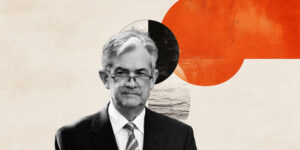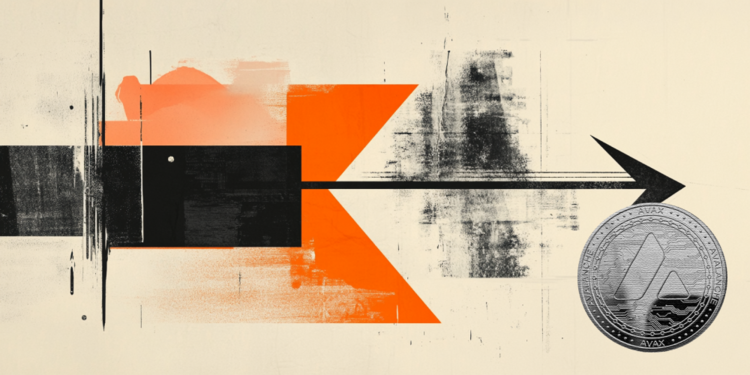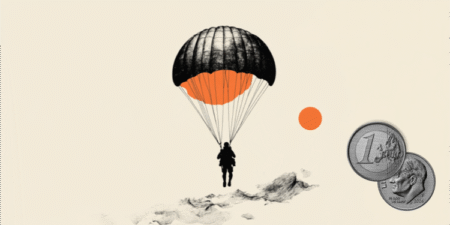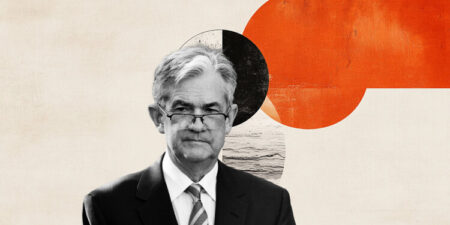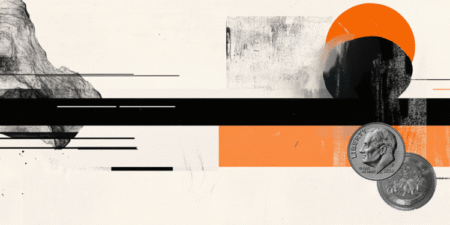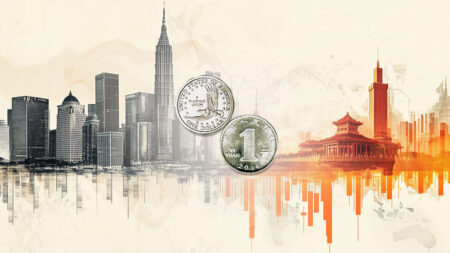- EUR/JPY may appreciate as the BoJ adopts caution on unwinding its ultra-loose policy.
- BoJ Governor Ueda highlighted that future rate hikes will be data-driven.
- ECB policymaker Pierre Wunsch said, “I am not uncomfortable with the market’s interest rate expectations.”
EUR/JPY remains steady following recent gains registered in the previous session, trading around 169.50 during the Asian hours on Thursday. The currency cross may regain its ground as the Japanese Yen (JPY) may face challenges due to the Bank of Japan’s (BoJ) caution on unwinding its ultra-loose policy, forcing investors to delay their expectations for early interest rate hikes. The Bank of Japan’s (BoJ) new board member, Kazuyuki Masu, highlighted on Tuesday that the central bank should not rush into raising interest rates given various economic risks.
Moreover, BoJ Governor Kazuo Ueda said that any rate hikes in the future will be data-driven, including wage growth and expectations. Ueda mentioned that headline inflation has remained above 2% for nearly three years, and underlying inflation remains below target.
The Japanese Yen struggled as the US President Donald Trump said on Tuesday that he is considering adding additional 30% or 35% tariffs on Japan and not extending the self-imposed July 9 deadline on the currently-suspended reciprocal tariffs. Trump expressed his doubt about reaching a deal with Japan.
Traders closely watched the European Central Bank (ECB) forum for signals on the central bank’s policy outlook for the remainder of the year. Latest remarks from several ECB officials highlighted increasing concern over the Euro’s (EUR) strength and its potential dampening effect on inflation.
ECB policymaker Pierre Wunsch said on Wednesday that “I am not uncomfortable with the market’s interest rate expectations.” “There is an argument for providing a mildly supportive policy stance,” Wunsch added. Meanwhile, ECB member Olli Rehn said, “ECB should be mindful of the risk that inflation stays persistently below 2% target.” Rehn noted that the “joint European borrowing to finance defence could bolster the Euro’s role by creating a new safe asset.”
Read the full article here






